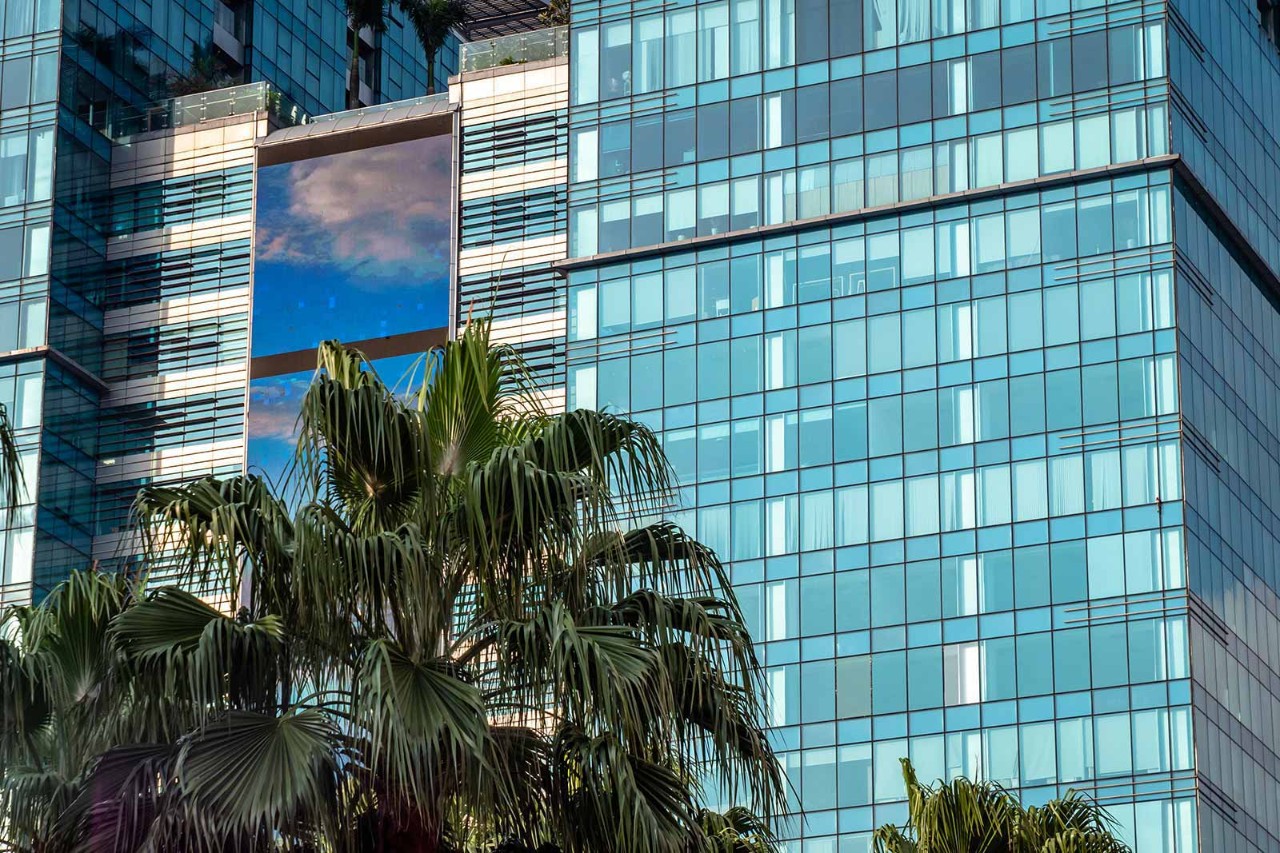
Although Malaysia remains among the more successful emerging economies in the world, its shine has faded compared to the boom days of the early 1990s. Then, its double-digit growth attracted outsized flows of direct investment as well as portfolio capital.
But then came the Asian financial crisis, during which Malaysia’s economy contracted, exposing some of the excesses of the 1990s including corruption and cronyism. In addition, foreign investors, who were troubled by the imposition of capital controls in September 1998, took a long time to regain confidence in Malaysian assets. Then, with China booming in the 2000s, investors lost interest in Malaysia and the rest of South-East Asia.
Now, there are signs that the country’s structural prospects may be looking up. With the right policies, there is a good chance that Malaysia will enjoy a period of world-beating growth and move closer to achieving its ambition of being an upper income economy.

The Madani Economic Narrative sets out the overall vision containing high-level targets and strategies
Reasons for hope
The principal reason for optimism is that the reformist-minded government of Prime Minister Anwar Ibrahim has survived a number of early political tests. His government now has a good chance of serving its full term. That gives him a runway of a couple of years during which he can focus on implementing structural reforms that the country needs.
In recent weeks, a series of economic policy initiatives have been introduced to address Malaysia’s longstanding economic challenges.
The Madani Economic Narrative sets out the overall vision containing high-level targets and strategies, while the New Industrial Master Plan 2030 focuses on revitalising the manufacturing sector, with detailed sector-level strategies. A National Energy Transition Roadmap has also been announced, which describes policies and projects to de-carbonise the Malaysian economy. This puts the country well ahead of many of its peers in terms of adapting to climate change.
There are indications that Malaysia and Singapore are ready to discuss a special economic zone
Finally, the government has used the mid-term review of the 12th Malaysia plan to bring in 17 sets of measures aimed at tackling a broad range of economic challenges. This review signalled the government’s intention to address a number of structural weaknesses in the economy, including strengthening the fiscal position by widening the tax base and reforming wasteful subsidies.
More to come?
There are hints of more and bolder initiatives to come. For instance, there are indications that Malaysia and Singapore are ready to begin negotiations for a special economic zone between the two countries, whose economies complement each other nicely. A productive collaboration between Malaysia, with its abundance of land and resources and its competitive manufacturing clusters, and Singapore’s land and labour short economy, with its high-value manufacturing, logistics and financial strengths, would release substantial synergies to the benefit of both countries. Public statements by senior officials hint at progress in this area, with the two prime ministers scheduled to meet soon to flesh out the proposal.
Some of the reforms are necessary but will be unpopular
Anwar has a huge task ahead of him. Some of the reforms, he knows, are necessary but will be unpopular, such as the reintroduction of a goods and services tax (GST) and the rationalisation of subsidies for low-income citizens. But, without these fiscal adjustments, Malaysia will struggle to finance necessary investments in human capital and physical infrastructure, and nor will it be able to prepare for an ageing society or address climate change effectively.
The trouble is that the GST’s unpopularity had led to Anwar’s predecessor abolishing it in 2018. Similarly, many middle- and upper-income citizens benefit from fuel subsidies, so rationalising these will arouse hostility from a vocal segment of the population. But he insists that he will press ahead, while being careful to build the consensus and complementary policies needed to ensure the success of reforms.
After almost one year in office, Anwar has shown an impressive capacity for reform. There is more than an even chance that he will succeed in putting Malaysia on a positive growth trajectory.




